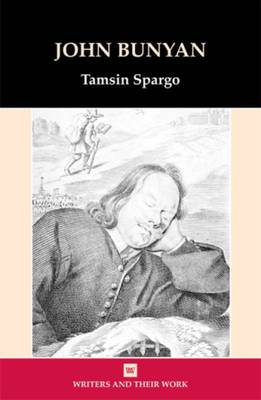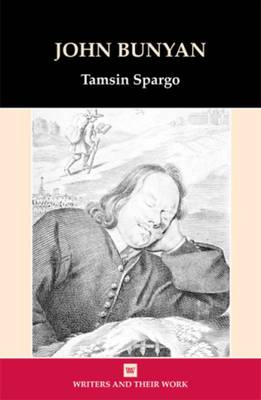
- Retrait gratuit dans votre magasin Club
- 7.000.000 titres dans notre catalogue
- Payer en toute sécurité
- Toujours un magasin près de chez vous
- Retrait gratuit dans votre magasin Club
- 7.000.0000 titres dans notre catalogue
- Payer en toute sécurité
- Toujours un magasin près de chez vous
Description
John Bunyan (1628-88) lived and wrote through some of the most turbulent years of political, social, and religious change in British history from civil war, through Commonwealth and Protectorate to the Restoration. Imprisoned for unlicensed preaching as a Nonconformist, Bunyan turned to writing to sustain his pastoral mission and composed some of the best-known, and most critically acclaimed, seventeenth-century texts, from his intensely moving spiritual autobiography, Grace bounding to the Chief of Sinners, to the world famous allegory The Pilgrim's Progress. Bunyan's style fused vivid depiction of the everyday world of ordinary men and women with powerful narratives to dramatise his religious convictions. This accessible study of his life, times, and writing introduces all his key works within the contexts of their original moment and later international impact and argues that Bunyan is a writer whose work continues to reward readers of all ages, beliefs, and nationalities.
Spécifications
Parties prenantes
- Auteur(s) :
- Editeur:
Contenu
- Nombre de pages :
- 120
- Langue:
- Anglais
- Collection :
Caractéristiques
- EAN:
- 9780746309827
- Date de parution :
- 01-01-04
- Format:
- Livre broché
- Format numérique:
- Trade paperback (VS)
- Dimensions :
- 137 mm x 213 mm
- Poids :
- 204 g

Les avis
Nous publions uniquement les avis qui respectent les conditions requises. Consultez nos conditions pour les avis.






